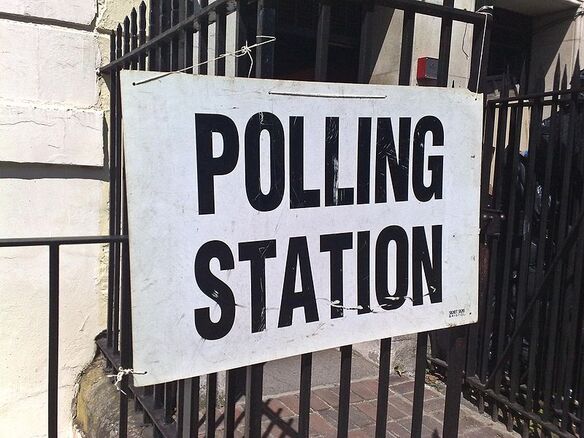|
4/27/2022 The Opinion Makers: An Insider Exposes the Truth Behind Polls. David W. Moore. Reviewed By: Thomas Riggins (7/9)Read NowChapter 6 "Damaging Democracy" This chapter is rather short compared to most of the others and somewhat repetitive. Moore draws some conclusions, based on the other chapters, about the effects the polls have on American democracy. Since, as we have seen, the polls misrepresent what the American public is thinking, and mislead everyone as to the popularity and winning chances of competing politicians (most of the time), he thinks most polls actually "damage the democratic process." If people believe false polls they may not oppose policies that they incorrectly believe to be popular. He opposes national polls of Democrats vs polls of Republicans because he thinks they don't really predict how people will actually vote, hence are misleading. Although general polls of the population about the popularity, at the time, of a candidate are a little better-- they are "at least trying to describe a future real-world event"-- the results of the general election in the case of the presidency-- he thinks they are "typically worthless." As earlier chapters have shown, polls taken more than two weeks out from the election are basically unreliable. They can be harmful to democracy as well insofar as they can be used "to suppress the truth about the electorate." He ends this chapter by remarking that "polling can be a useful tool for enhancing democracy, but only if it is used to serve the needs of the public , not the whims of the press." This would suggest that we need some sort of neutral national polling agency, perhaps run by academics with no bone to pick [a rare breed] and who were only interested in actually finding out what the public was thinking. At any rate, the system we have now, mostly sponsored by the mass media seeking viewers and readers, or by political action groups and special interests does more harm than good and is more akin to propaganda than news reporting. Next: Chapter 7 "Uncertain Future." AuthorThomas Riggins is a retired philosophy teacher (NYU, The New School of Social Research, among others) who received a PhD from the CUNY Graduate Center (1983). He has been active in the civil rights and peace movements since the 1960s when he was chairman of the Young People's Socialist League at Florida State University and also worked for CORE in voter registration in north Florida (Leon County). He has written for many online publications such as People's World and Political Affairs where he was an associate editor. He also served on the board of the Bertrand Russell Society and was president of the Corliss Lamont chapter in New York City of the American Humanist Association.
0 Comments
Leave a Reply. |
Details
AuthorWrite something about yourself. No need to be fancy, just an overview. ArchivesCategories |

 RSS Feed
RSS Feed